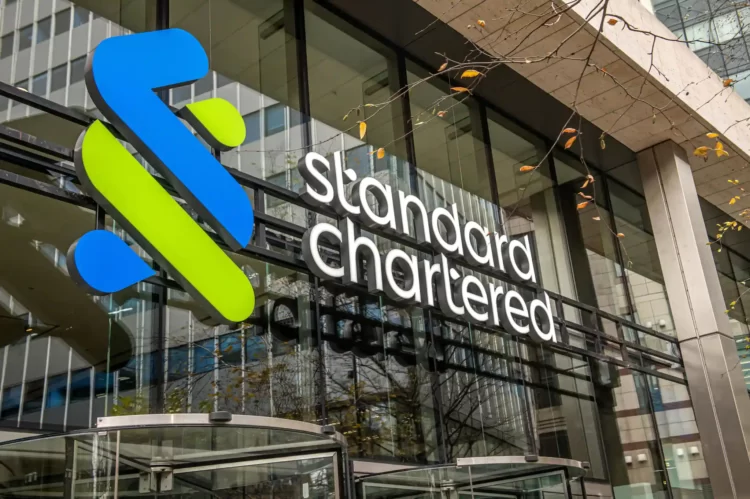Standard Chartered is rolling out its menopause policy across the globe, giving all staff and their partners access to medical cover for the treatment of symptoms.
The international banking group revealed that the provision will be available to more than two-thirds of its workforce by November, with the implementation fully completed by April 2024.
According to the bank, it will offer a variety of support services, including access to prescription medication and specialist medical practitioners, recognising that “while the menopause transition is not a uniform experience, it can have a negative effect on participation in the workplace if not proactively managed”.
Other provisions available to employees are counselling sessions, toolkits and guides, as well as digital learning courses and internal events. To help manage symptoms, they can also utilise flexible working policies and workplace adjustments.
Tanuj Kapilashrami, group head of HR at Standard Chartered, said: “It’s clear that menopause can have an adverse impact on women’s careers in terms of retention and progression if not managed proactively. Our extension of medical benefits3 to include coverage for treatment of menopause-related symptoms, as well as recent enhancements to parental leave benefits , both underline our commitments to create an inclusive environment where everyone can thrive and to lift the participation of women and other underrepresented groups in our workforce and the communities in which we operate. We will continue to look for more opportunities to drive inclusion and strengthen our position as an employer of choice.”
Standard Chartered has also signed the Wellbeing of Women’s Menopause Workplace Pledge and is an accredited Menopause Friendly Employer.
Other employee benefits available to the bank’s workforce include life insurance, medical insurance, core funding for retirement savings, flexible and hybrid working, paid leave for parents, sabbatical and volunteering, annual and sick leave provisions, digital wellbeing support, an employee assistance programme, access to mental health first-aiders and toolkits. In some locations, staff also have access to flexible and voluntary benefits.











